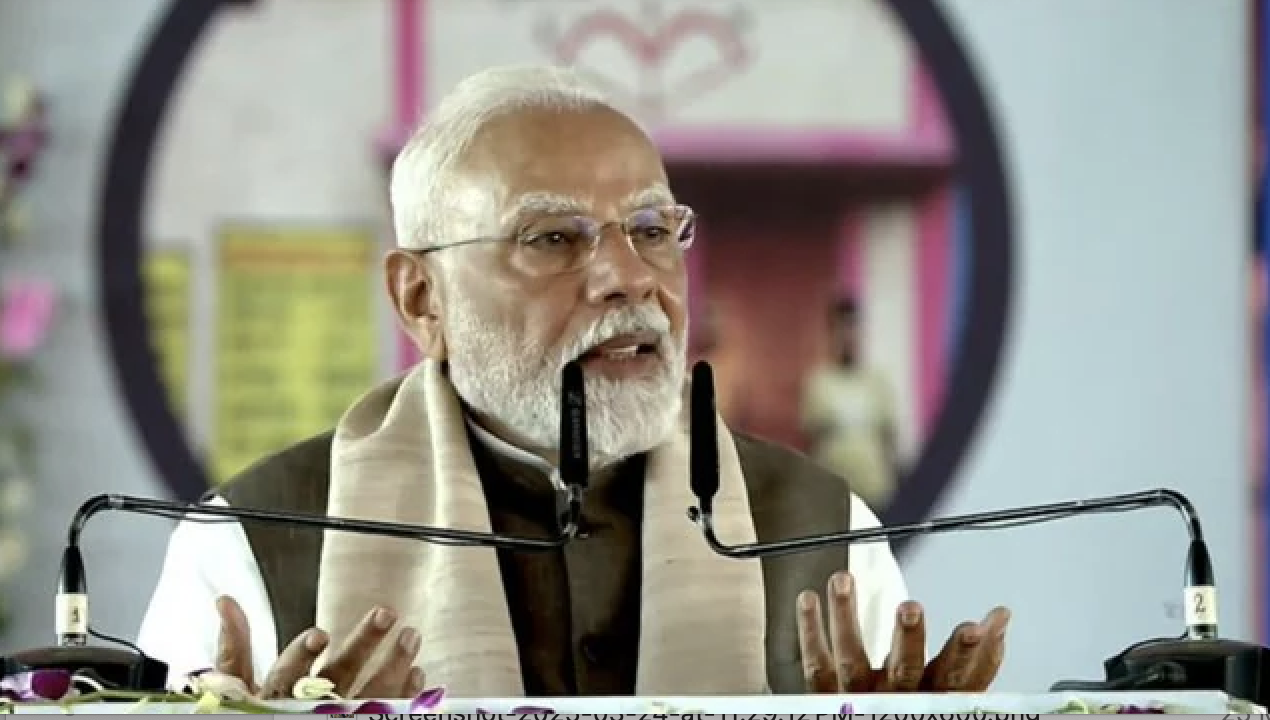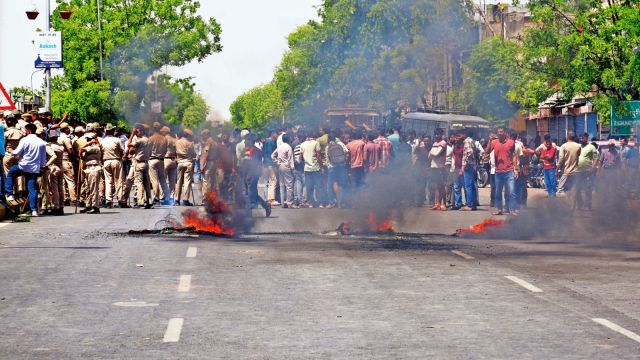A study of 101 FIRs registered under the Uttar Pradesh Prohibition of Unlawful Conversion of Religion Act, 2021 showed that more than half were in response to complaints by third parties, which means they may have no legal standing and should not have been registered by the police. Most of the third parties were Hindutva outfits that were using the law to harass Christians, while the police registered cut-copy-paste FIRs based on “prior information” and saying “bad things” about the Hindu religion.
Prayagraj, Uttar Pradesh: More than half of all first information reports (FIRs) alleging forced conversion to Christianity in Uttar Pradesh (UP) have no legal standing and should never have been registered by the police, an Article 14 study of 101 FIRs has revealed.
Sixty-two percent of FIRs (63 of 101) alleging such conversion to Christianity are registered in response to complaints by third parties (other than the accused or victim), including Hindutva outfits, such as Bajrang Dal and Vishwa Hindu Parishad (VHP) and members of the Rashtriya Swayamsevak Sangh (RSS), contrary even to the provisions of the state’s controversial law on the subject.
Section 4 of the Uttar Pradesh Prohibition of Unlawful Conversion of Religion Act, 2021 makes it clear who can complain: “Any aggrieved person, his/her parents, brother, sister or any other person who is related to him/her by blood, marriage or adoption may lodge a First Information Report of such conversion.”
This means that only a person who has been forced to embrace any other religion or blood relative of that victim can approach the police to register an FIR.
“The traditional outlook in criminal cases is that under the IPC (or Indian Penal Code), anyone can report a crime and has a right to file a complaint,” said Shashwat Anand, a lawyer based in Prayagraj, representing petitioners who had challenged the constitutional validity of anti-conversion law in the Allahabad High Court in December 2020.
This story was originally published in article-14.com Read the full story here






